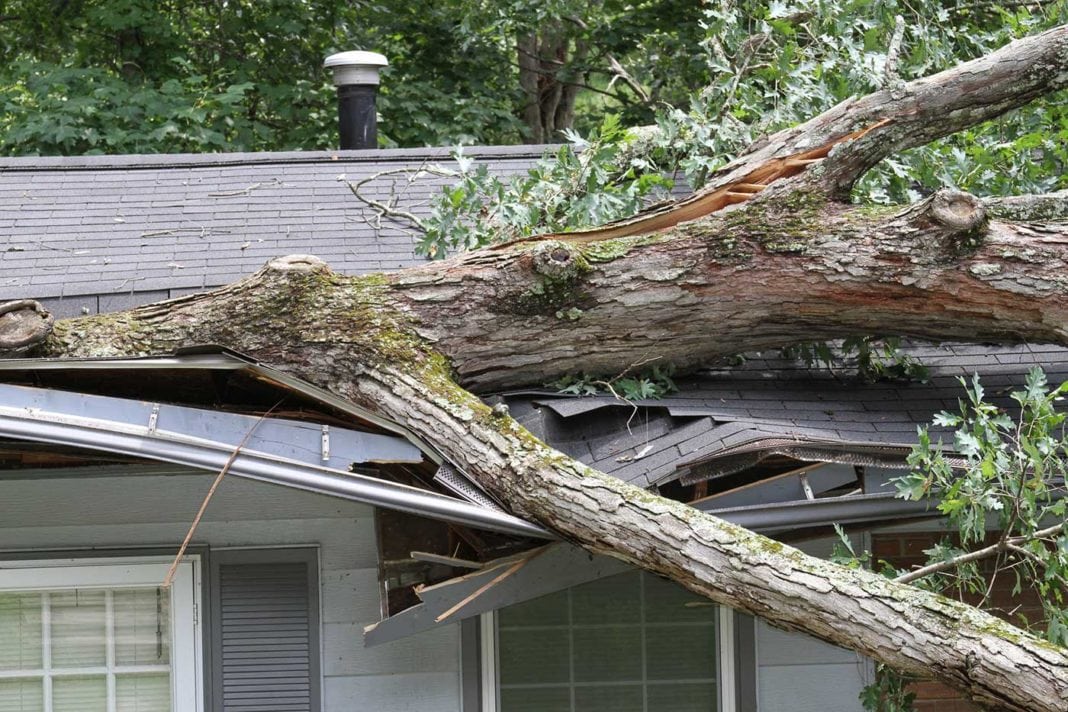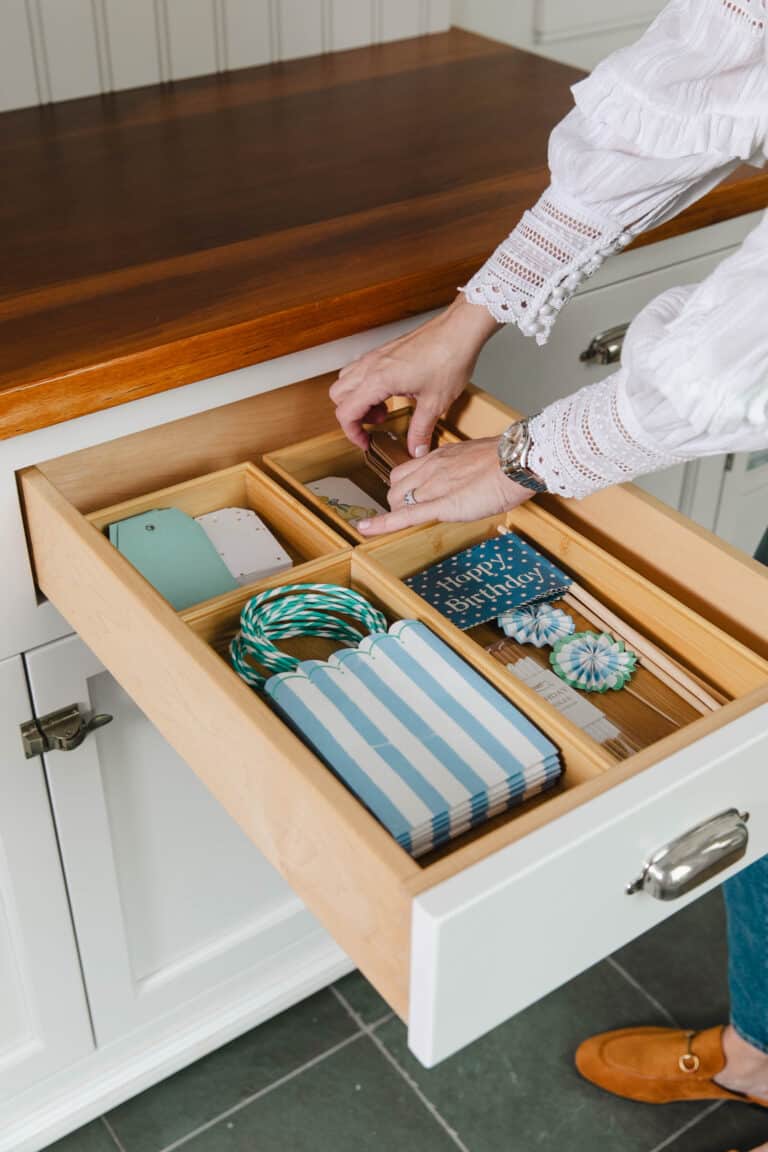Since hurricanes often approach quickly, it’s critical to be prepared ahead of time. Thinking ahead can prevent injuries and help you avoid property damage to your home. During hurricane season, which typically starts in June and ends in November, it’s also important to distinguish between a “hurricane watch” and a “hurricane warning.” Here’s what you need to know, from Griff Harris, CIC, President of Griffith E. Harris Insurance Services, LLC in Greenwich, CT.
Hurricane Watch vs. Hurricane Warning
A hurricane watch means hurricane conditions are a threat within 48 hours. In this situation, you should review your hurricane plans, stay informed and be ready to act if a warning is issued. A hurricane warning, on the other hand, is more critical. This means hurricane conditions are expected within 36 hours. In this case, you should complete your storm preparations and leave the area if directed to do so by authorities.
Hurricane Preparation Tips
There are crucial steps you can take ahead of time to prepare your home and family for the possibility of a hurricane. Here are some tips:
- Listen to a NOAA Weather Radio for critical information from the National Weather Service (NWS).
- Check your disaster supplies and replace or restock as needed.
- Bring in anything from outside that can be picked up by the wind, like bicycles or lawn furniture.
- Close windows, doors and hurricane shutters. If you do not have hurricane shutters, close and board up all windows and doors with plywood.
- Turn the refrigerator and freezer to the coldest setting and keep them closed as much as possible so that food will last longer if the power goes out.
- Turn off propane tanks and unplug small appliances.
- Fill your car’s gas tank.
- Talk with members of your household and create an evacuation plan.
- Plan and practice your evacuation plan. This minimizes confusion and fear in the event of a storm.
- Learn about your community’s hurricane response plan. Plan routes to local shelters, register family members with special medical needs as required and make plans for your pets to be cared for.
- Evacuate if advised by authorities. Be careful to avoid flooded roads and washed out bridges.
- Stay alert for extended rainfall and subsequent flooding even after the hurricane or tropical storm has ended.
- If you evacuated, return home only when officials say it is safe.
- After the storm, drive only if necessary and keep away from loose or dangling power lines and report them immediately to the power company.
- Stay out of any building that has water around it.
- Inspect your home for damage. Take pictures of damage—both of the building and its contents—for insurance purposes.
- If the power is out, use flashlights in the dark. Do not use candles.
- Avoid drinking or preparing food with tap water until you are sure it’s not contaminated.
- Check refrigerated food for spoilage. When in doubt, just throw it out.
- Wear protective clothing and be cautious when cleaning up to avoid injury.
- Watch animals closely and keep them under your direct supervision.
- Use the telephone only for emergency calls.
Talk to an insurance professional about coverage. Standard homeowner’s insurance doesn’t cover flooding, so it’s important to have protection from the floods associated with hurricanes and tropical storms. For more detailed information, contact Griffith E. Harris Insurance Services LLC.
Brought to you by Griffith E. Harris Insurance Services, LLC




